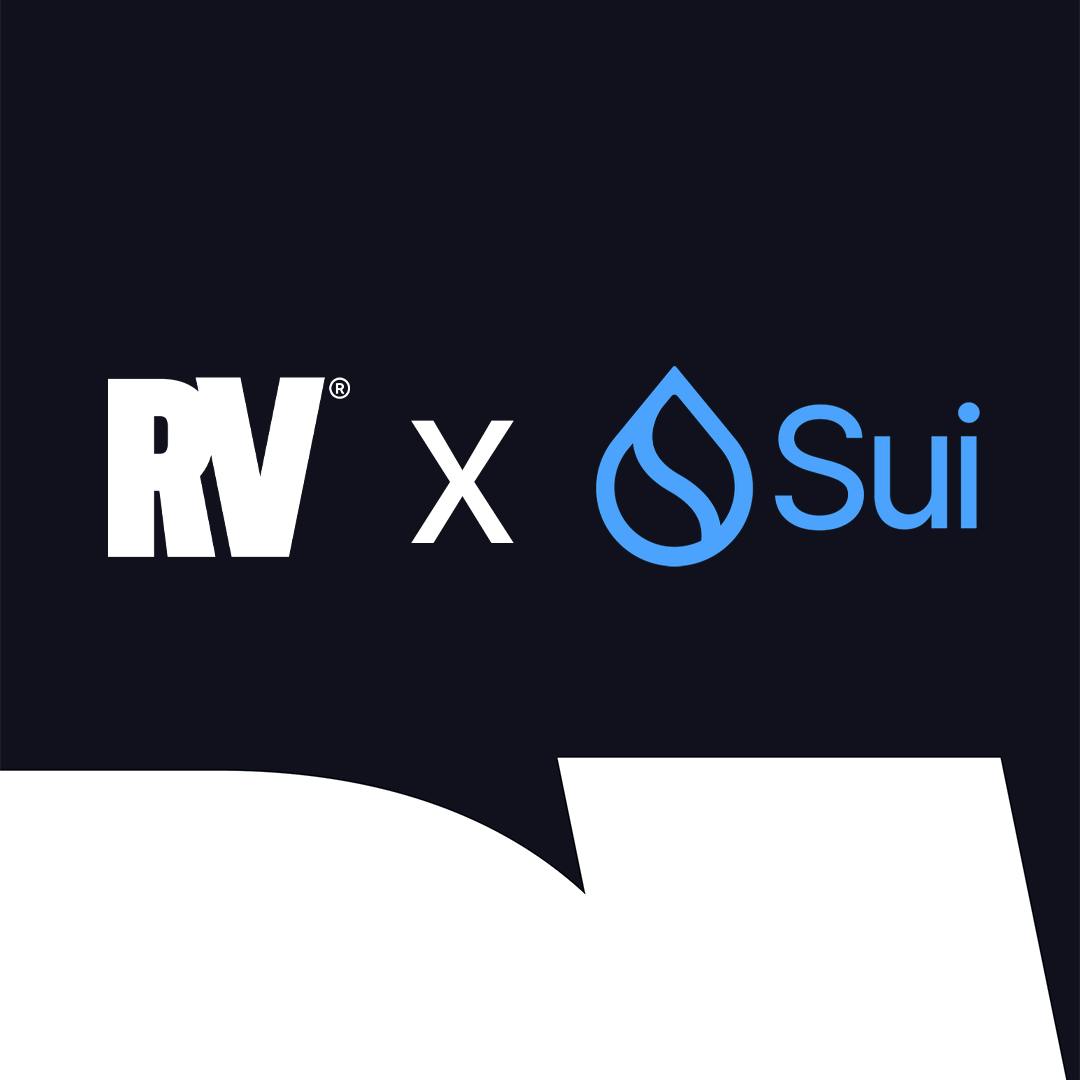
Real Vision x Sui: What Is Onchain Ownership? (Episode 3)

Real Vision: Finance & Investing
Shownotes Transcript
Always know your car's worth with Carvana Value Tracker.
What is on-chain ownership?
The clue to this one is in the name. As you might have guessed, on-chain ownership refers to ownership of something that is recorded and verified on a blockchain network. And there are numerous advantages of on-chain ownership over traditional ownership models. Security. Records of ownership and all ownership transactions are cryptographically secured, making them extremely difficult to forge or manipulate. Transparency.
The blockchain record is an immutable transaction history that tracks asset transfers in real time, and it's not only open to the public, but also verifiable. Provenance. The ability to attach a verifiable history to assets. For instance, a gaming asset might have a history of battles won, or a financial asset might have a trading history.
Smart contracts. With on-chain ownership, the contractual terms are built into the code, so they become self-executing, reducing time, cost and human error. No middlemen. You guessed it. On-chain ownership eliminates the need for many lawyers, brokers, registries and the like. What's not to love about that? Fractional ownership.
Another cool thing about on-chain ownership is that you can divide an asset, any asset, into smaller units, a bit like shares. This creates more flexible investment models and means smaller investors can participate too. Full access. There are no geographical borders or limitations, and you have 24/7 market access. Now tell that to your lawyer or broker next time you want to buy or sell something at the weekend.
So what's the bottom line here? Essentially, on-chain ownership creates a more open, efficient and accessible ownership model compared to the traditional alternatives. All of which is why major global brands are already adopting on-chain ownership models. And here are just a few. Louis Vuitton, Gucci and Prada, Manchester City, Paris Saint-Germain and Formula One Red Bull. Meta, Microsoft, IBM and Salesforce.
Ubisoft and Epic Games, JP Morgan, Goldman Sachs, PayPal and Visa, BMW, Porsche and Mercedes-Benz. Now, that's quite a selection of the world's biggest and greatest brands. So the concept of on-chain ownership is already here and it's only going to become more commonplace in the very near future.
Frankly, we're all going to look back at the current models of representing ownership with a bemused sense of disbelief that anyone seriously thought PDF contracts, expensive lawyers and endless brokers were ever a good idea. If you liked this episode, I'd love for you to head over to realvision.com forward slash join for a free membership. Start your journey today to unfuck your future. Just one click away.